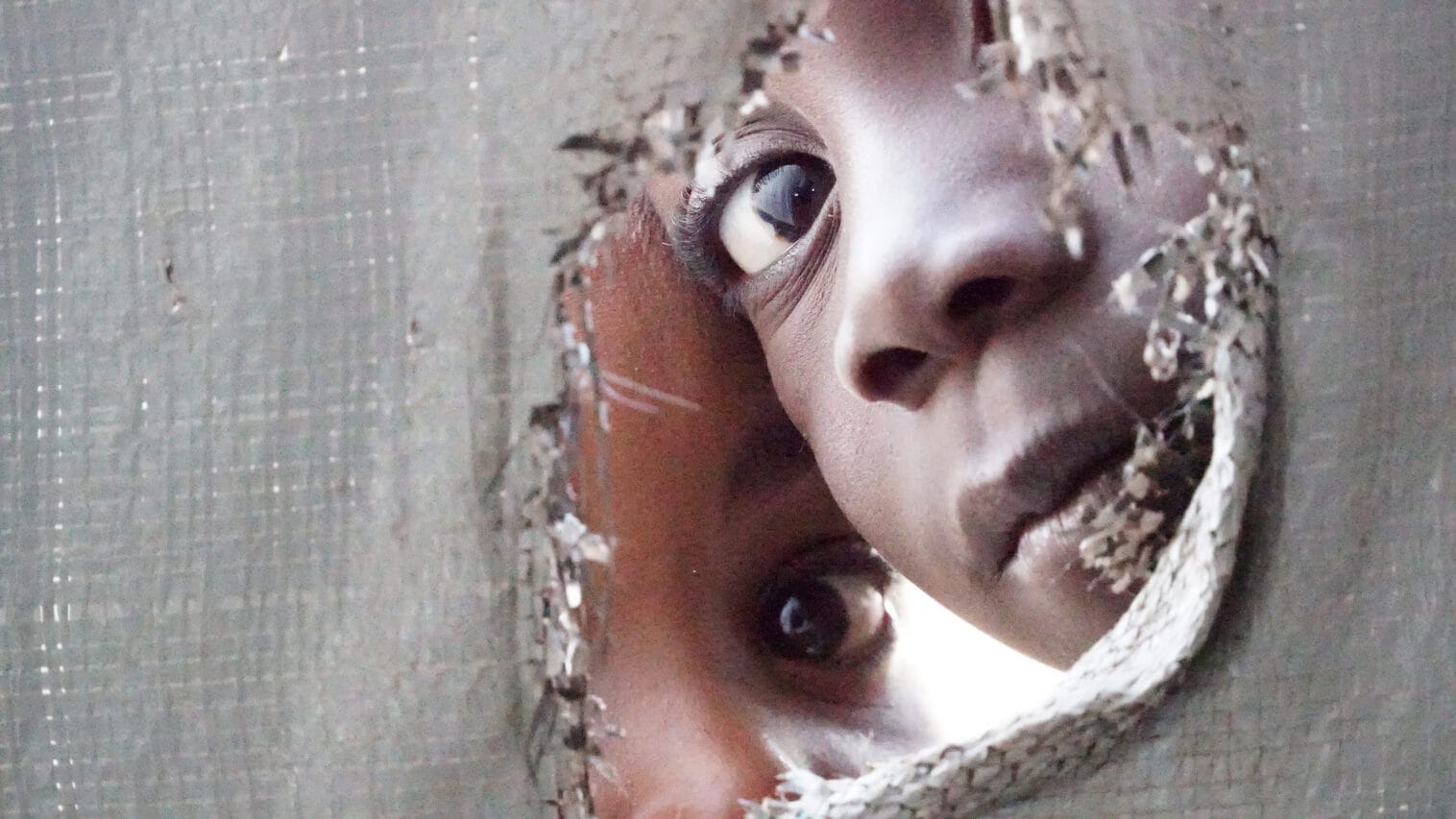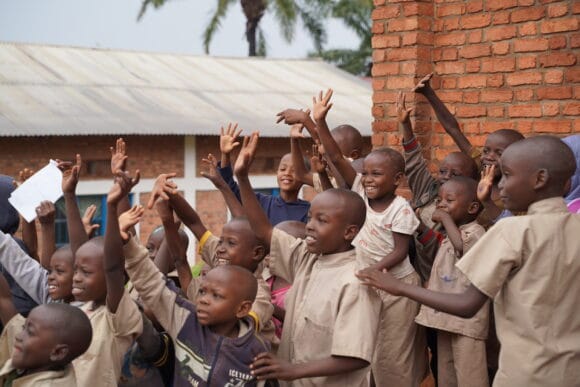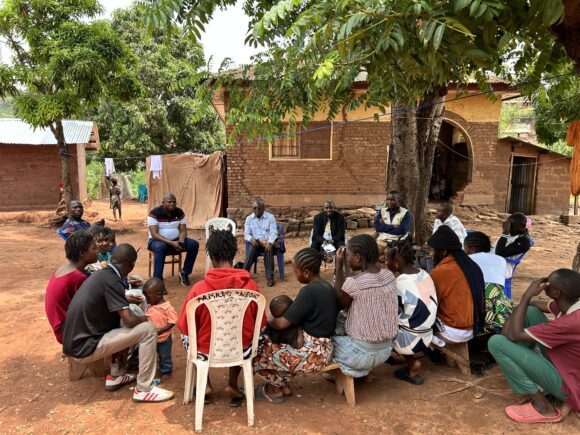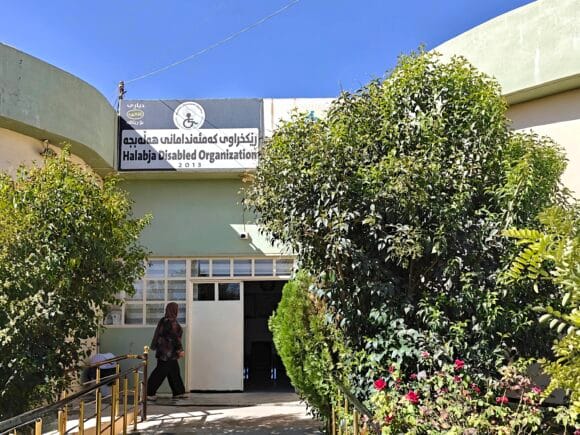The world’s worst crises are protracted and forgotten. Fida and its partners respond to the acute emergency with food, child protection, and farming support.
Kabir, from Yemen, has been trying to support his two disabled daughters amid the war and financial collapse. Every day he’s been trying to find a job to get food for his daughters.
– I’ve felt like I’ve failed as a parent. I’ve often had to borrow money to buy my daughters food or medicine. But everything changed when you came to our village and included my family in the food aid program. Now we get a basket of food every month. It’s been a big blessing! Many of our problems were solved with this help. For example, the money we save on food helped me pay off my debts and meet my daughters’ other needs. Thank God and you!
This is one of the testimonies that Fida’s local partner organisation has received from its working area in Yemen, where one of the world’s worst humanitarian disasters is at hand.
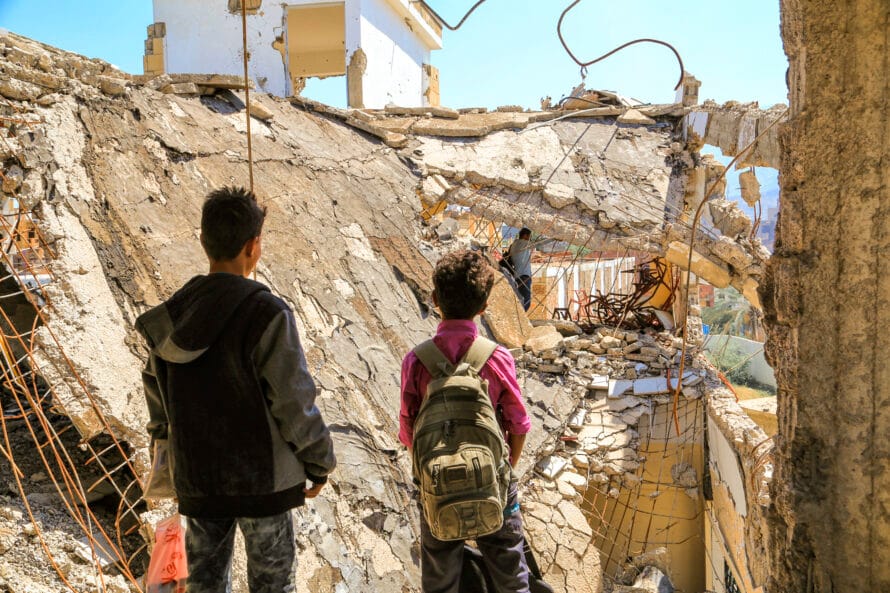

Fida, with the support of the Finnish Ministry for Foreign Affairs, will continue its humanitarian aid work in Yemen and the Democratic Republic of Congo. The work in Yemen began in 2020. Fida has worked in Congo since 2006.
– Millions of people in both countries live with acute suffering, although these crises have been mostly forgotten. The war in Ukraine will directly impact food security in Yemen, as Yemen depends on Ukraine and Russia for cereals. This means that more help than ever will be needed this year, says Maija Saarni, Head of Humanitarian Aid at Fida.
The Ministry for Foreign Affairs’ support to Fida for 2022-2023 is EUR 1.25 million for Yemen, and EUR 1.3 million for Congo. These are the largest amounts of humanitarian aid ever granted by the Ministry for Foreign Affairs to Fida.
– We are grateful to be able to continue the relief work together with our partners, says Saarni.
Yemeni children in need of special protection
The protracted conflict in Yemen has led to widespread displacement of people, severe famine, economic stagnation, and the collapse of state institutions. About 21 million people need help and protection.
– The risk of a sudden escalation of the crisis in Yemen is also constant, Saarni points out.
Fida’s help focuses on nutrition and child protection and providing food for 12,000 people threatened with famine. The serious fuel shortage in Yemen will be addressed by teaching people how to build solar-powered stoves that allow food to be prepared without fuel. Families will get the materials for making stoves, along with tools, seeds, and fertilizers for growing their own vegetables.
Yemeni children need special protection. Up to 79% of them suffer the consequences of the prolonged war: insomnia, depression, lack of appetite, and anxiety. Fida’s project provides community trauma support for children.
– There are very few mental health professionals in Yemen. However, we can educate and equip community leaders, volunteers, and social workers so that they can provide emotional support to children, Saarni says.
Children will also be provided with play and learning facilities and group activities where they can deal with their emotions and fears.
– The goal is that sleeping, eating, and learning would return to normal.
Help for women, children, and people with disabilities
The humanitarian emergency in the Democratic Republic of Congo is one of the most protracted and complex crises in the world. 27 million people are in need, and more than 5 million people live as refugees within their own country – that is more than anywhere else on the African continent.
Fida works in Congo with CEPAC Pentecostal Church as its partner. It has an extensive network of volunteers, clinics, schools, in dozens of locations across eastern Congo.
The humanitarian project aims to improve the food security and well-being of 20 000 people. Daily consumer goods and cash allowances will be distributed to 4,000 households. A safe play and learning space will be built for children. All in all, 76 000 people are being helped in the Congo.
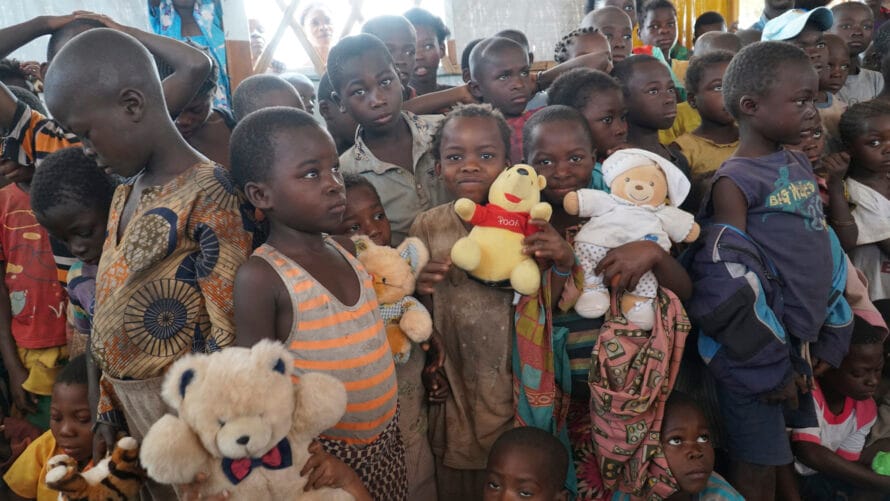

Photo: Hannu Happonen
Children, women, and people with disabilities are particularly vulnerable in humanitarian crises. With Fida’s support, CEPAC can provide psychosocial support and counselling to people affected by the conflict.
– Our goal is also to strengthen people’s feeling of human dignity. This is extremely important in order to cope with traumatic experiences and to start believing in the future again after the crisis, says Maija Saarni.
